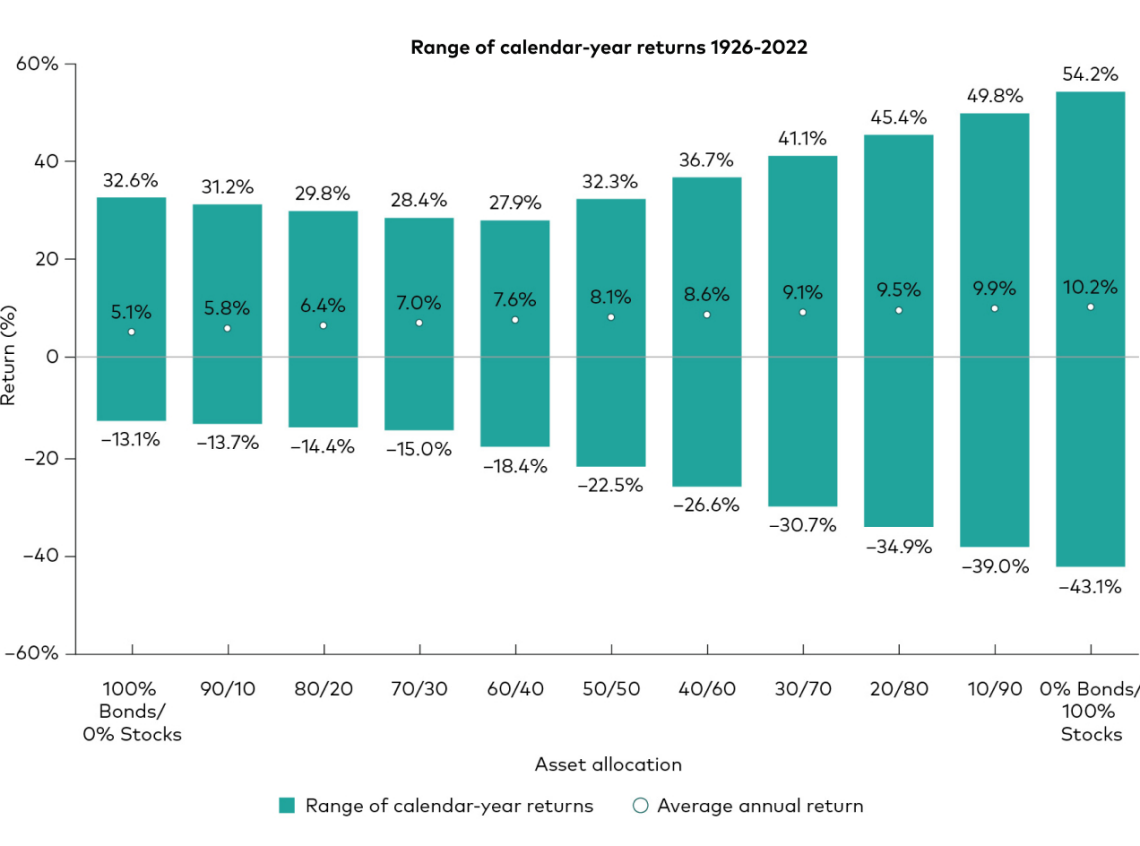Liar Loan
Well-known member
529 to Roth has some restrictions, but the scheme being proposed by you guys is not legal.
Roth contributions are supposed to come from earned income, not gifts from parents. You are asking the IRS to believe that a kid who worked from age 8-18 never once spent money on themselves, but instead worked for all those years to contribute 100% to their retirement. It's not believable. Doesn't pass the smell test.
Also, for the Roth for kids, I keep a paper/spreadsheet log of kids earnings (can't be chores/allowance; think babysitting or dog walking for neighbors or anything you yourself might hire someone else to do) once they turned 12. I 100% match their earnings as a deposit into their Fidelity custodial Roth accounts (so they retain their earnings in whole).
My plan is to have the kids max out the Roth IRA and 401ks as soon as they start working. I can always help supplement their income if needed to ensure they fund both as soon as they start working.
Roth contributions are supposed to come from earned income, not gifts from parents. You are asking the IRS to believe that a kid who worked from age 8-18 never once spent money on themselves, but instead worked for all those years to contribute 100% to their retirement. It's not believable. Doesn't pass the smell test.




